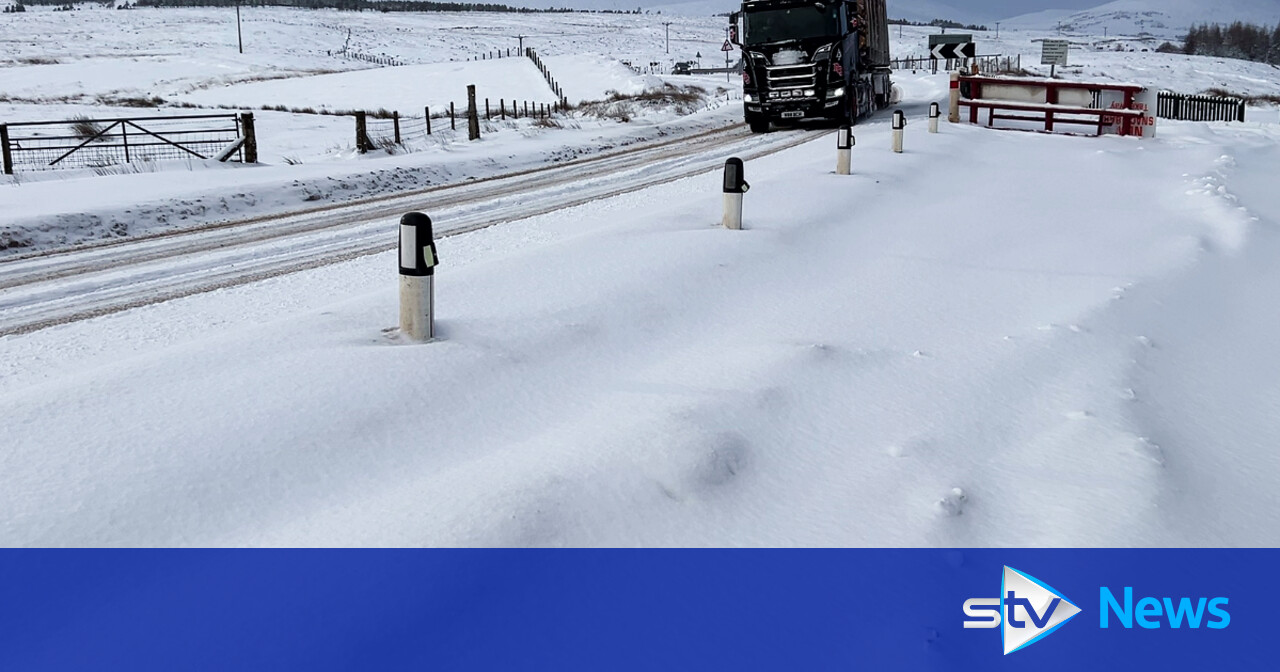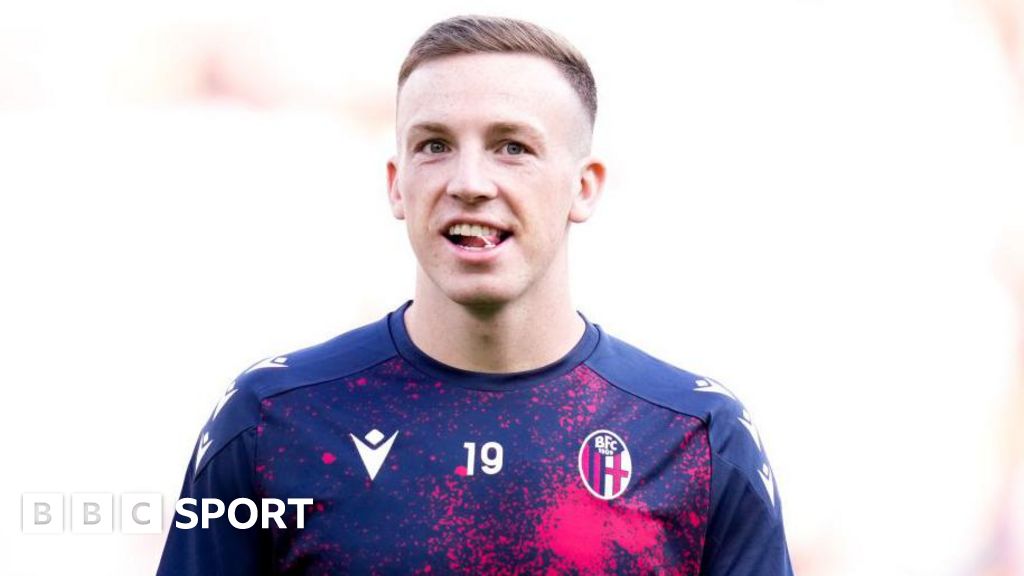Football
Should Holyrood impose ‘accountability with teeth’ on Scottish football?

The Scottish Government aren’t keen to be seen following the example of either the last Westminster government or the current one – but what about when it comes to football?
This week the Herald has been running a series looking at the state of the game in Scotland, at a time when there could be a huge shakeup in the game south of the border.
Initially introduced by the Conservative government, the Football Governance Bill was reintroduced by Labour after the election and would set up an independent regulator.
The regulator would have the power to check clubs have enough money to operate sustainably, and intervene if they do not, as well as assessing the suitability of club owners, even forcing them to give up their shares in extreme cases.
Read More:
The Scottish Government has established a roundtable to discuss similar “accountability with real teeth”, but it’s been met with resistance.
Speaking in front of Holyrood’s health, social care and sport committee, SFA chief executive Ian Maxwell insisted there was no need, pointing to the huge differences between the English and Scottish games and declaring governing bodies are already “robust” in dealing with financial issues.
A penny for the thoughts, then, of Inverness Caledonian Thistle fans. The Highland club is teetering on the brink of administration, with a crowdfunder set up to try and raise enough money to stave off the receivers. Manager Duncan Ferguson is no longer taking a salary.
Going further back, Dundee went into administration in 2003 after racking up massive debts signing stars like Claudio Caniggia, Temuri Ketsbaia and Fabrizio Ravanelli, then again in 2010.
Hearts were taken over by an eccentric Russian-Lithuanian businessman, Vladimir Romanov, in 2005 but went into administration eight years later when he ran out of money. Romanov was last seen living on a submarine in Siberia.

And, of course, Craig Whyte was able to buy a debt-laden Rangers for £1 from David Murray before leading the club into the financial abyss, forced to start again from the fourth tier.
The SFA may argue it’s learned the lessons, but the picture looks far from rosy even outside of Inverness.
Dundee United made a loss of close to £3m in the last financial year, with debts of around £12m. Most of that is owed to American owner Mark Ogren, but what happens if he decides he no longer wants to foot the bill? Neighbours Dundee, also American-owned, lost £2.9m and would rely on their majority shareholder to cover any deficits. Hibs lost £3.9m in their latest accounts and currently have two Stateside investors.
There’s no suggestion any are in any imminent financial danger, but should such community institutions really be dependent on the largesse of overseas businessmen – largesse which can be withdrawn at any moment?
This is a rare case where Holyrood might actually want to follow Westminster’s example.









